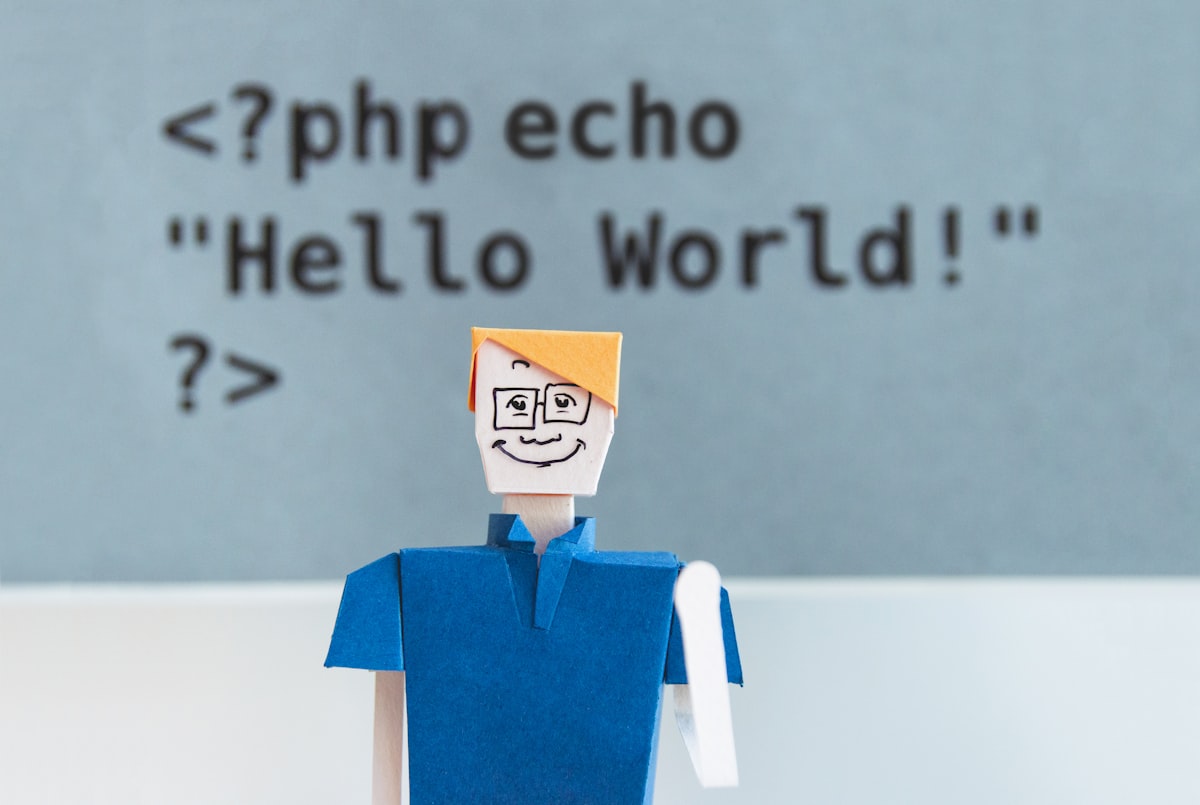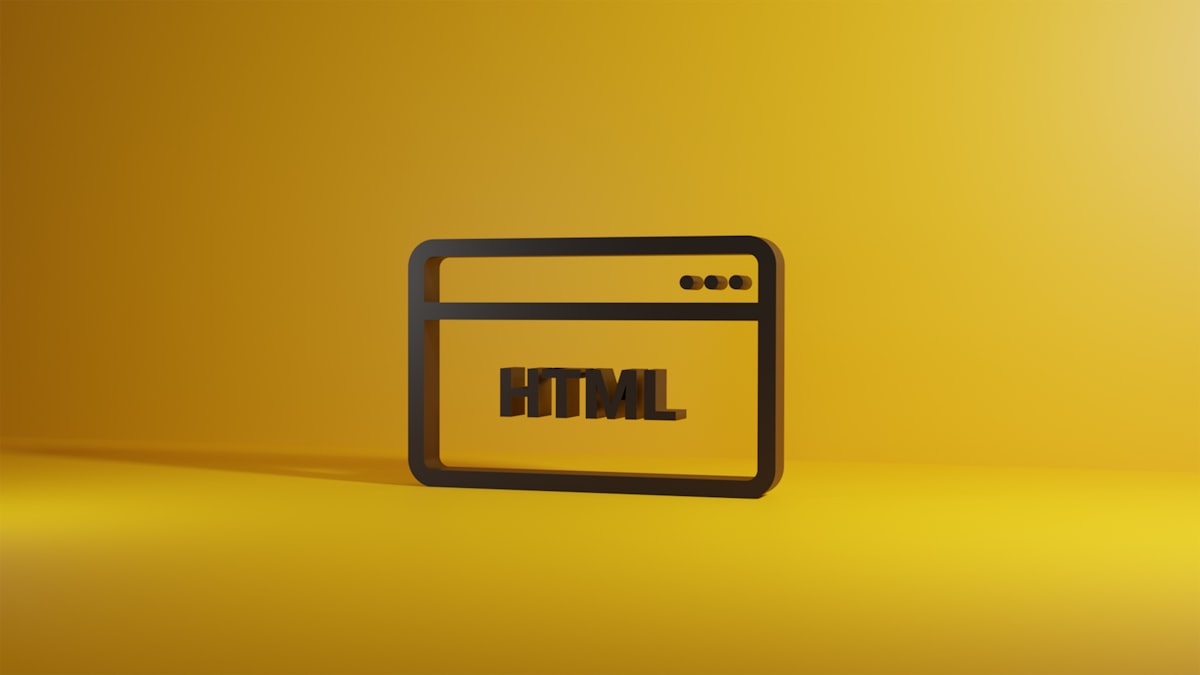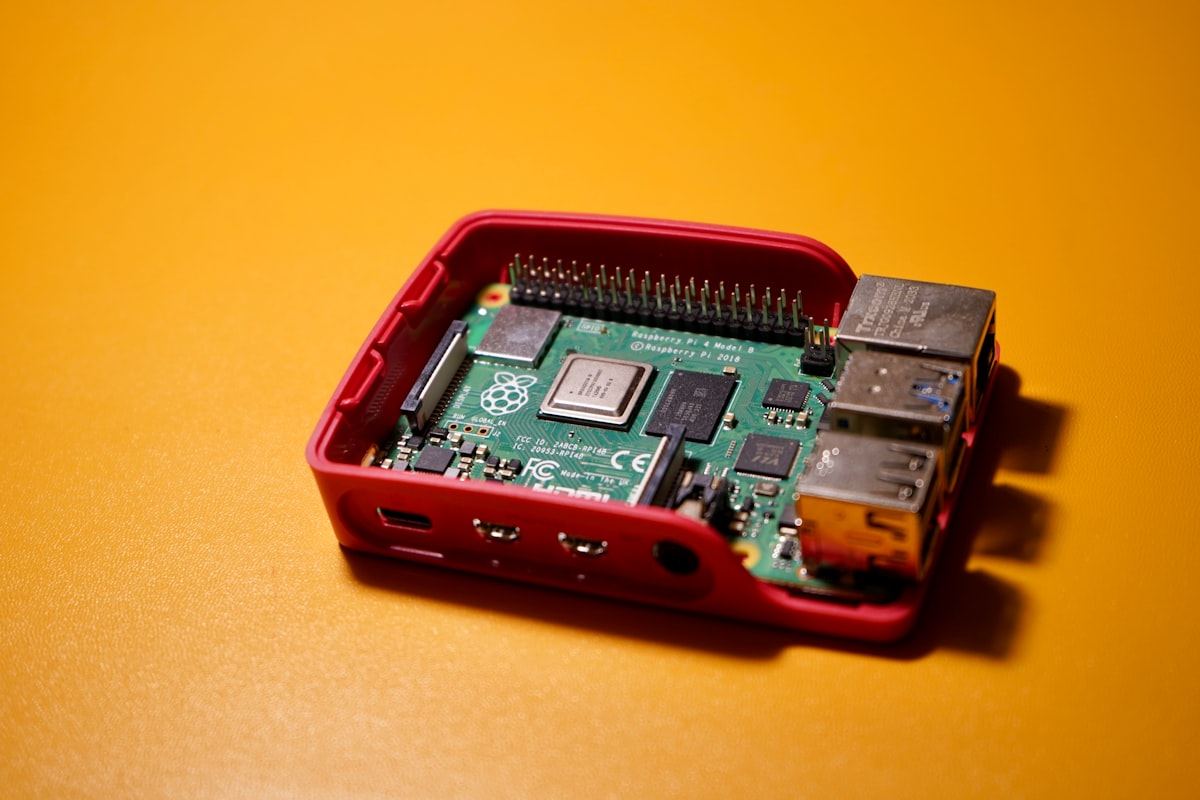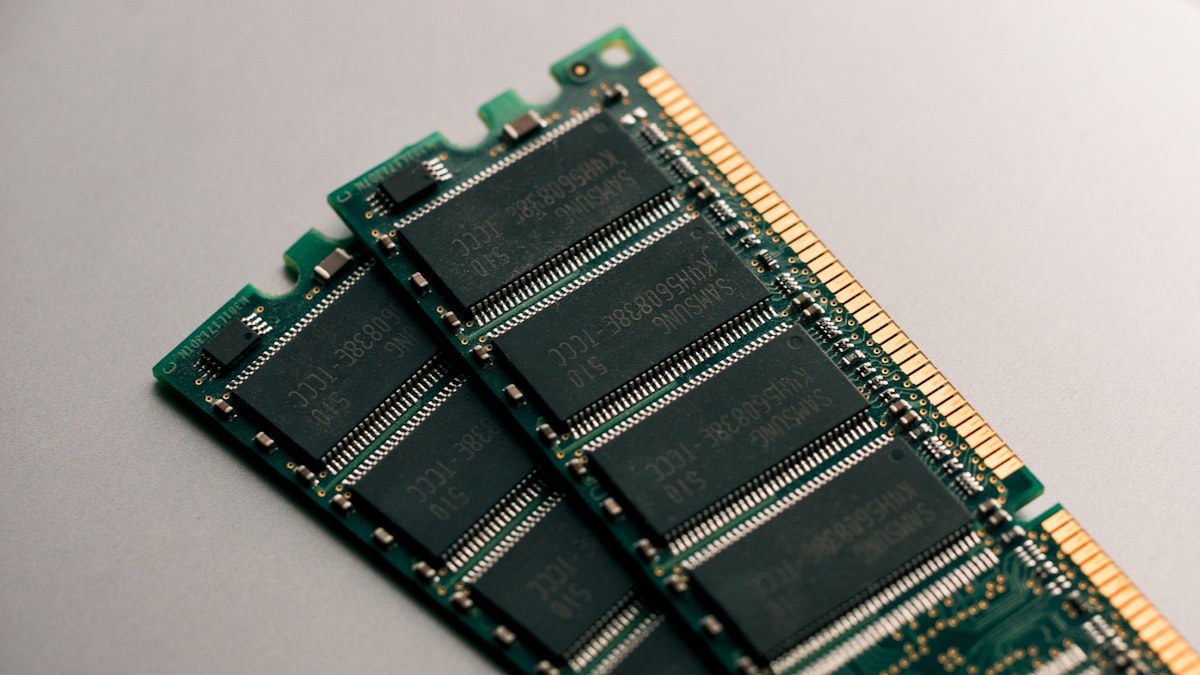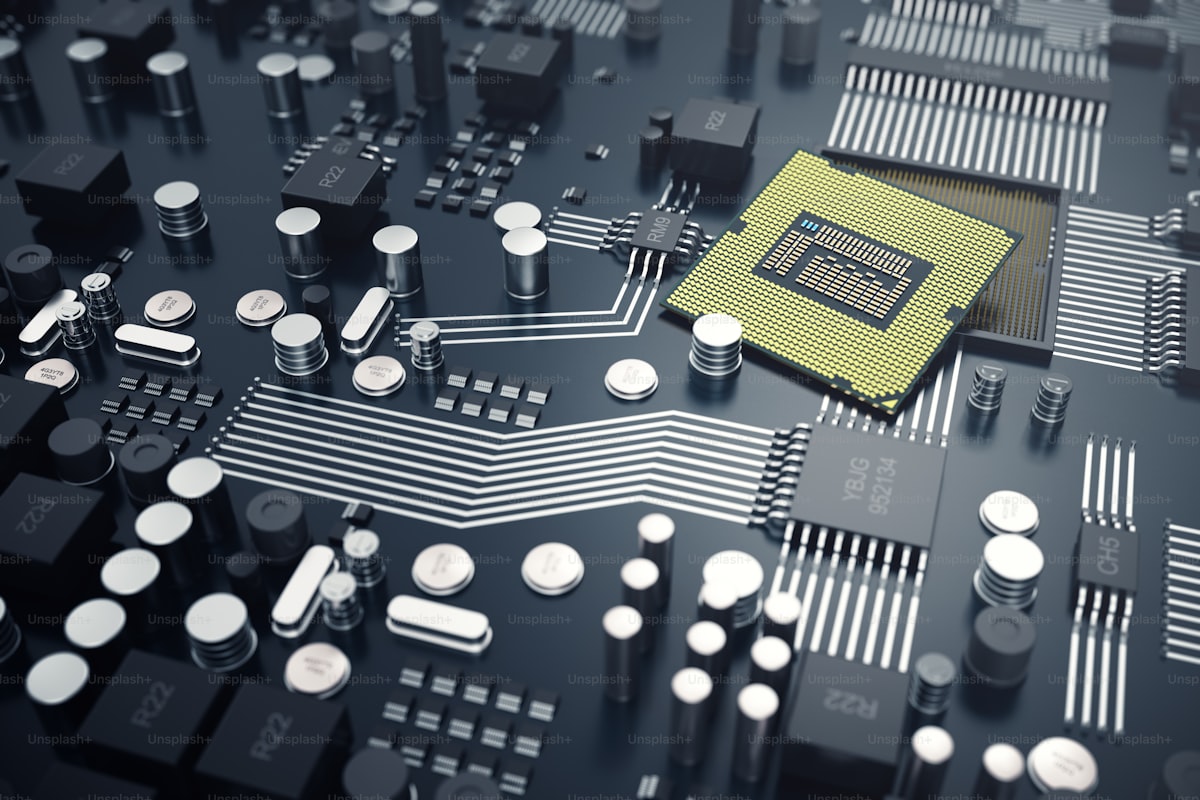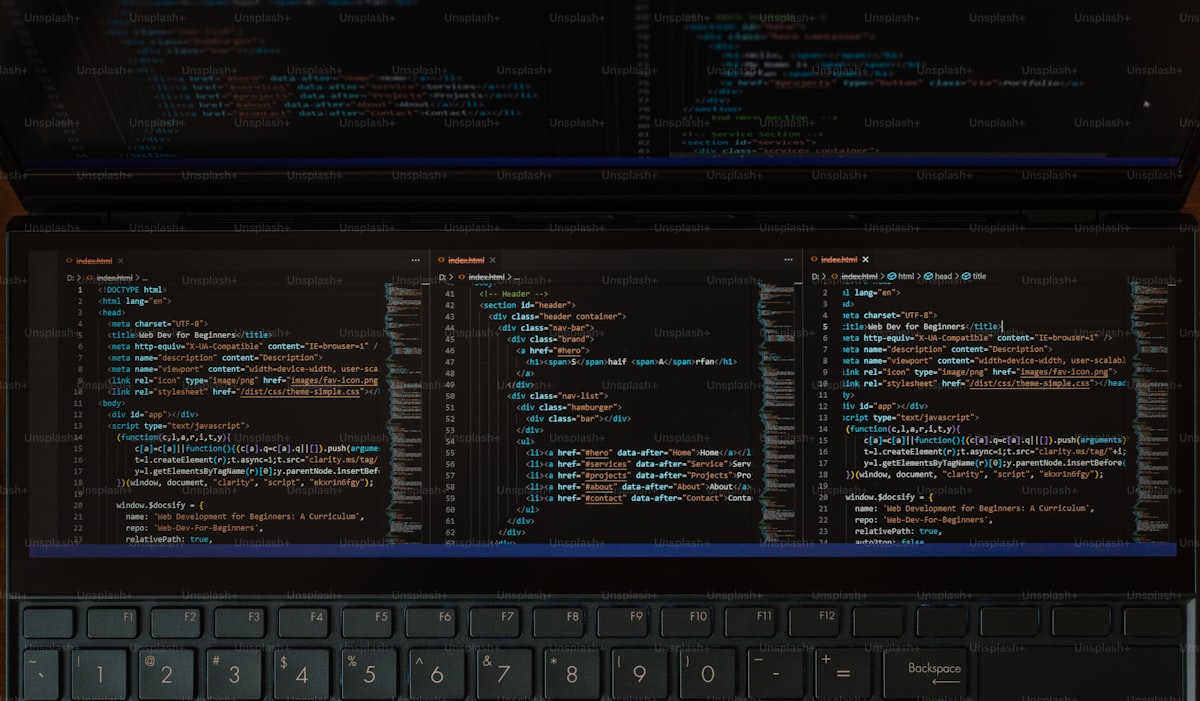Android and iOS stand as the titans of the mobile operating system realm, each boasting a legion of devoted users and a plethora of features. As the primary platforms for smartphones and tablets, Android and iOS have revolutionized the way we communicate, work, and entertain ourselves. In this article, we’ll delve into the intricacies of both operating systems, exploring their origins, features, and differences to help you understand the mobile landscape better.
1. Origins and Development:
- Android: Developed by Android Inc., which was later acquired by Google in 2005, Android made its debut in 2008 with the release of the HTC Dream. It is based on the Linux kernel and is known for its open-source nature, allowing manufacturers to customize and modify the operating system to suit their devices.
- iOS: Created by Apple Inc., iOS first appeared in 2007 with the launch of the original iPhone. It is derived from macOS and shares many of its features and design principles. iOS is proprietary software, exclusively designed for Apple’s hardware, including iPhones, iPads, and iPod Touch devices.
2. User Interface and Design Philosophy:
- Android: Known for its customization options and flexibility, Android offers a wide range of user interface designs, known as skins, provided by various manufacturers. Google’s stock Android, also known as the Pixel Experience, emphasizes simplicity, ease of use, and integration with Google services.
- iOS: Renowned for its sleek and intuitive interface, iOS follows Apple’s design philosophy of minimalism, consistency, and elegance. With its iconic grid of app icons, Control Center, and Notification Center, iOS provides a cohesive and user-friendly experience across all Apple devices.
3. App Ecosystem and Availability:
- Android: The Google Play Store is the primary source for Android apps, offering a vast selection of applications, games, and digital content. With over 3 million apps available, Android users enjoy a wide range of choices and opportunities for customization.
- iOS: The Apple App Store is the exclusive marketplace for iOS apps, featuring a curated selection of high-quality apps and games. While the App Store offers fewer apps compared to Google Play, iOS apps are often optimized for performance, security, and user experience.
4. Integration and Ecosystem:
- Android: Integrated with Google’s ecosystem of services, including Gmail, Google Maps, Google Drive, and Google Assistant, Android provides seamless connectivity and synchronization across devices. Android users also benefit from integration with third-party services and platforms.
- iOS: Deeply integrated with Apple’s ecosystem, iOS offers seamless synchronization with iCloud, Apple Music, FaceTime, iMessage, and Siri. Apple’s ecosystem provides a unified experience across devices, enabling users to seamlessly transition between their iPhone, iPad, Mac, and Apple Watch.
5. Security and Privacy:
- Android: While Android offers robust security features such as Google Play Protect, sandboxing, and app permissions, its open-source nature makes it more susceptible to malware and security vulnerabilities. However, Google regularly releases security updates and patches to address these issues.
- iOS: Renowned for its stringent security measures, iOS employs hardware and software-based encryption, secure boot process, and app sandboxing to protect user data and privacy. With its closed ecosystem and strict app review process, iOS maintains a strong reputation for security and privacy.
Conclusion: In conclusion, Android and iOS represent two distinct yet formidable forces in the mobile operating system landscape. While Android offers flexibility, customization, and a vast app ecosystem, iOS excels in design, integration, security, and user experience. Whether you’re an Android aficionado or an iOS enthusiast, both operating systems continue to push the boundaries of innovation and shape the future of mobile technology.
Source : CheapCpanel
Cheap Cpanel License


